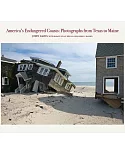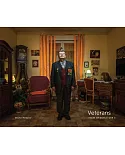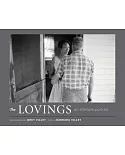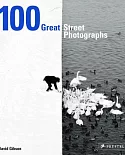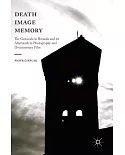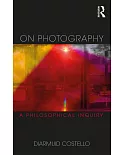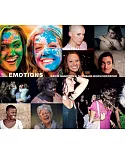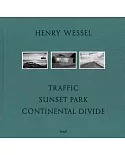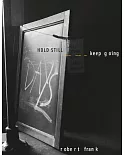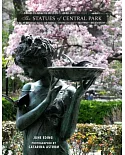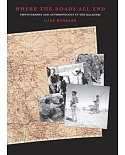'Photography is often believed to witness history or reflect society, but such perspectives fail to account for the complex ways in which photographs get made and seen, and the variety of
motivations and social and political factors that shape the visionof the world that photographs provide. This book develops a critical historical method for engaging with photographs of South
Africa during the apartheid period. The author looks closely at the photographs in their original contexts and their relationship to the politics of the time, listens to the voices of the
photographers to try and understand how they viewed the work they were doing, and examines the place of photography in a postapartheid era. Based on interviews with photographers, editors and
curators, and through the analysis of photographs held in collections and displayed in museums, this research addresses the significance of photography in South Africa during the second half of
the twentieth century'--Cover.


